NIDA Director outlines potential risks to people who smoke and use drugs during COVID-19 pandemic
The piece raises several important concerns regarding COVID-19 for specific vulnerable populations.
What
The precarious intersection of the COVID-19 national health emergency and the concurrent epidemic of drug overdose deaths is outlined in the Annals of Internal Medicine this week by Dr. Nora D. Volkow, director of the National Institute on Drug Abuse (NIDA), part of the National Institutes of Health. Dr. Volkow discusses how the serious health risks of COVID-19 pose unique challenges to people who smoke or vape, are already struggling with substance use disorders (SUD), or are in recovery from addiction.
The Ideas and Opinions piece raises several important concerns regarding COVID-19 for specific vulnerable populations, including:
- Patients with already compromised lung conditions may be at higher risk for more severe complications from COVID-19. Specifically, people who smoke or vape, or use opioids or methamphetamine may face heightened risk. In addition, chronic opioid use already increases the risk of slowed breathing due to hypoxemia, which can lead to cardiac and pulmonary complications that may result in overdose and death. While all people should be taking precautions to prevent exposure to COVID-19, this is particularly critical for higher risk groups, including people who smoke, vape, or use opioids or methamphetamine. Dr. Volkow urges clinicians to be alert to the possibility of increased risks for adverse COVID-19 outcomes in these patients.
- People recovering from addiction now face new challenges. Physical distancing measures, while critical to COVID-19 mitigation, eliminate the important element of social support needed for addiction recovery. Additionally, people with opioid use disorder may face barriers to obtaining medications (i.e., buprenorphine or methadone) or obtaining services from syringe services programs.
- Social distancing will also decrease the likelihood of observed overdoses; administration of naloxone to reverse overdose may be less likely, potentially resulting in more fatalities.
- Dr. Volkow lauds efforts by the public health community to reduce new challenges for people in recovery, including the deployment of virtual support meetings for those with internet access and the possibility of take-home medications for some people in addiction treatment. Above all, Dr. Volkow stresses that, like other vulnerable people in the United States, people with SUD cannot be forgotten or marginalized during this crisis.
Who
To schedule an interview with Dr. Volkow, please contact media@nida.nih.gov or 301-443-6245.
Article
Annals of Internal Medicine, go to: Collision of the COVID-19 and Addiction Epidemics https://annals.org/aim/fullarticle/2764313/collision-covid-19-addiction-epidemics
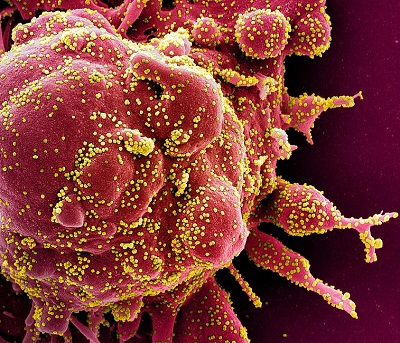


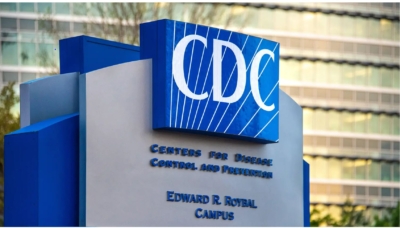
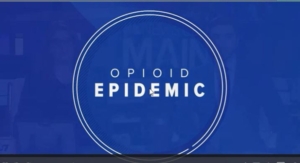
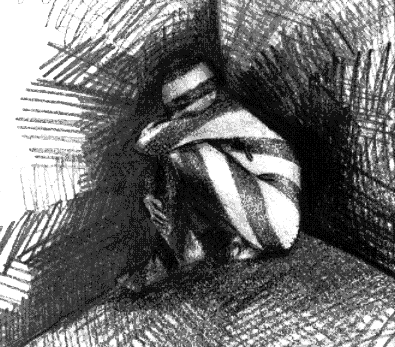

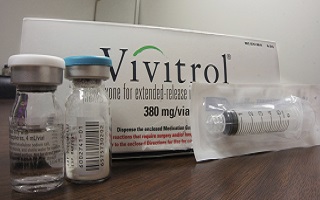
Leave A Comment